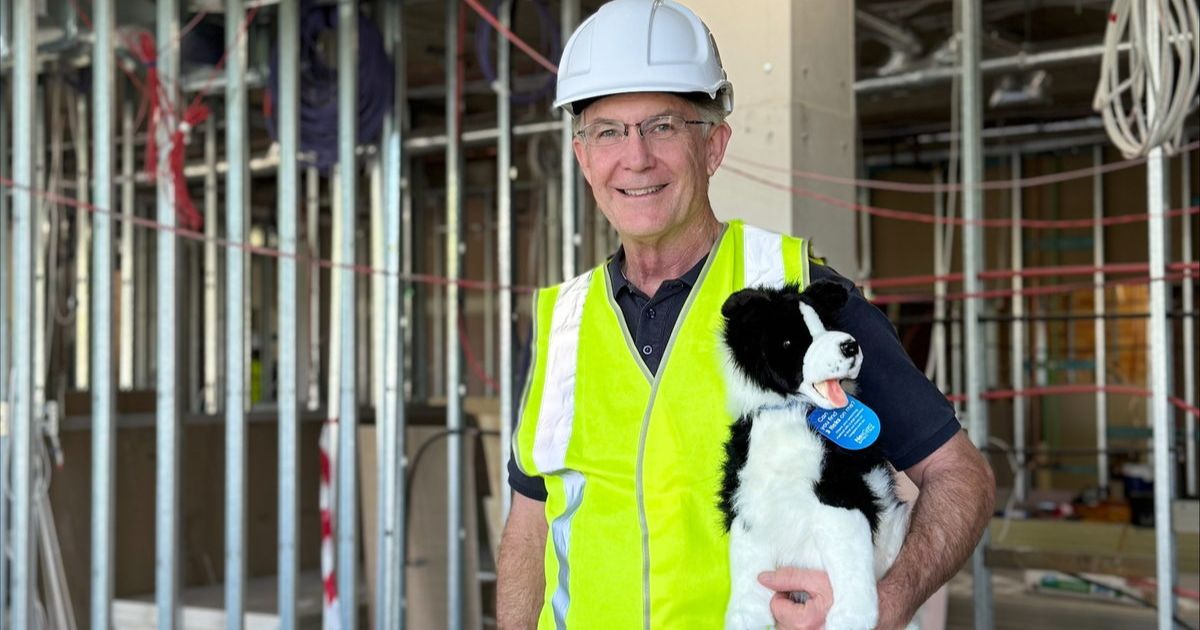New veterinary science block helps build SCU partnership

Professor Jon Hill is looking forward to the new veterinary science facilities being finished at Southern Cross University in Lismore. Photo: SUPPLIED
CONSTRUCTION of new veterinary science facilities at Southern Cross University will bring major benefits, including a collaboration with a leading industry partner in animal healthcare.
The facility is expected to open by the end of the year in the U Block at the Lismore campus.
SCU has partnered with the Lincoln Institute of Veterinary Business, which will run leadership and non-clinical training programs. The institute focuses on education, ethical treatment, sustainable practices and improved healthcare for animals.
The university will launch its new five-year Bachelor of Veterinary Medicine degree in March, to run alongside the three-year Bachelor of Veterinary Technology that started earlier this year.
The Lincoln Institute contributed to curriculum development for the professional and communication skills units in both courses.
Professor Jon Hill, executive dean of the faculty of science and engineering at SCU, said the partnership adds extra value for graduates.
“This is a wonderful extension of our undergraduate programs into postgraduate and professional realms,” Hill said.
“As a veterinary school, we are committed to co-designing and co-delivering education with input from the profession.
“Lincoln brings an established reputation, a proven curriculum and deep industry relevance that helps us build a veterinary program that’s fit for modern veterinary practice.
“By embedding Lincoln’s leadership content into our undergraduate offerings and recognising their external programs, we’re preparing students for the complexities of the veterinary profession.”
Paul Ainsworth, founder and co-director of the Lincoln Institute, said the partnership marked a major step forward for the profession.
“This collaboration sets a new benchmark for industry-academic alignment and reflects a growing recognition of the need for non-clinical competencies in ensuring sustainable, successful veterinary careers,” he said.


















